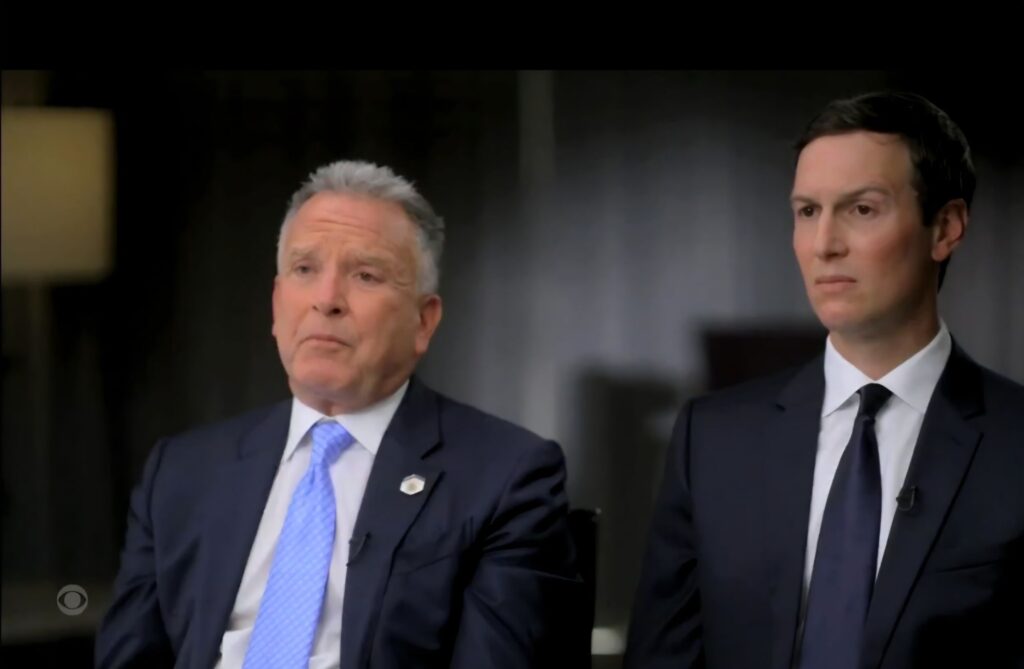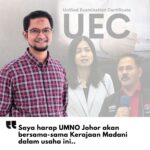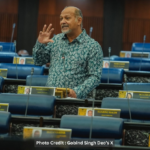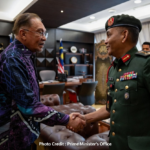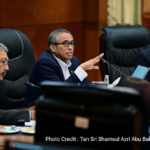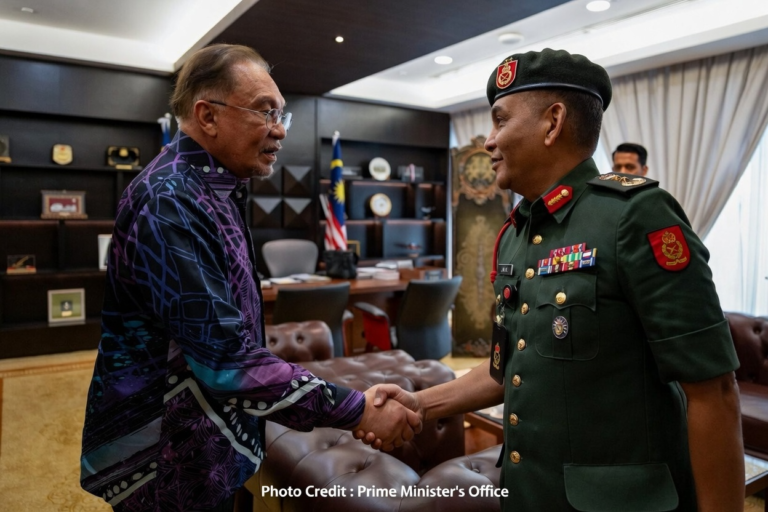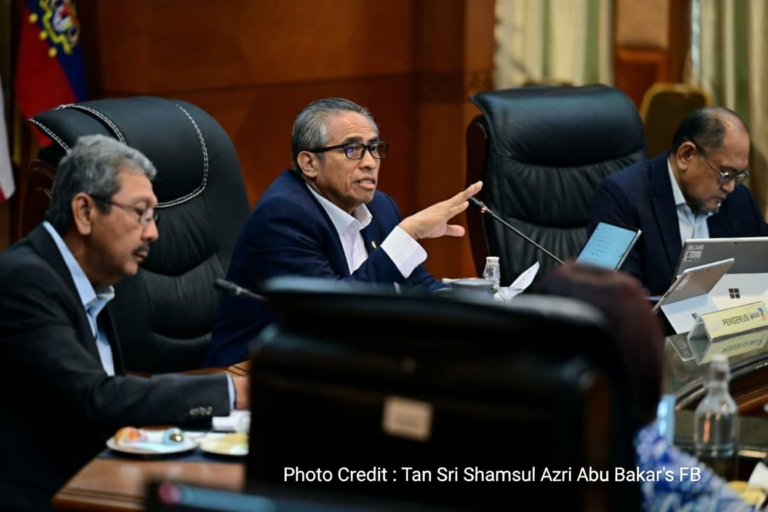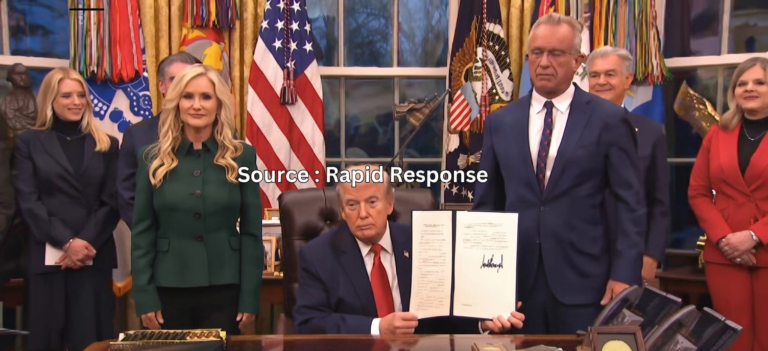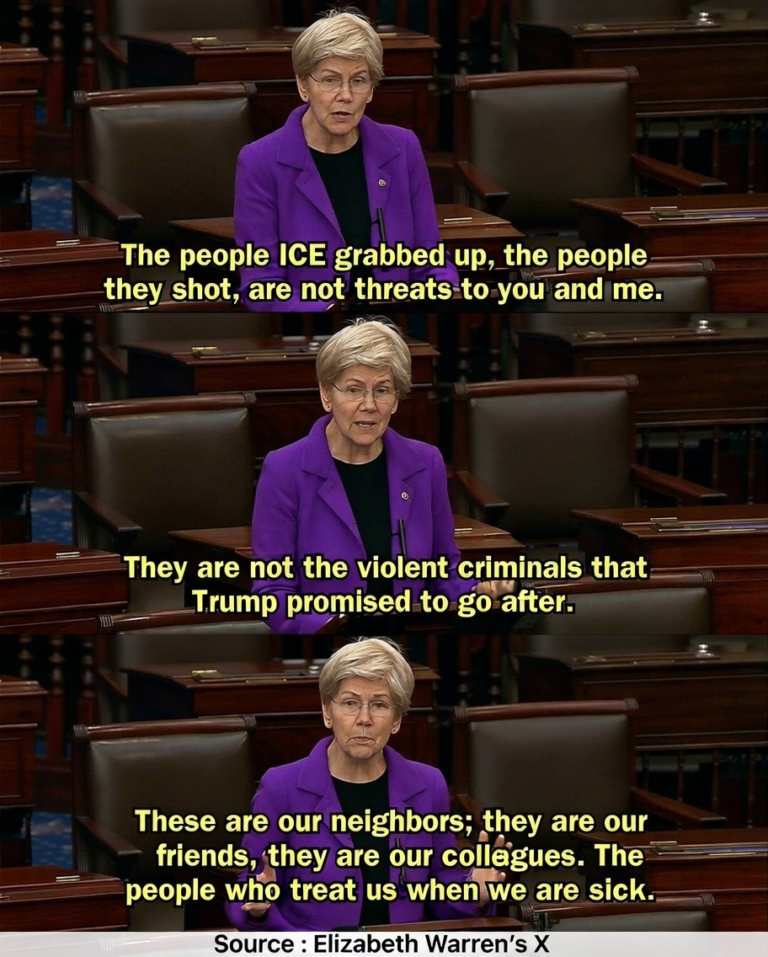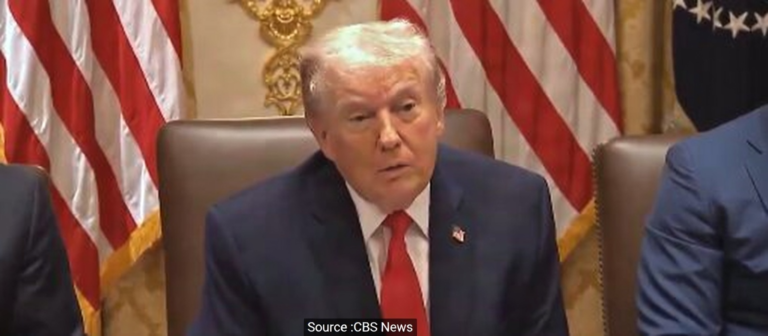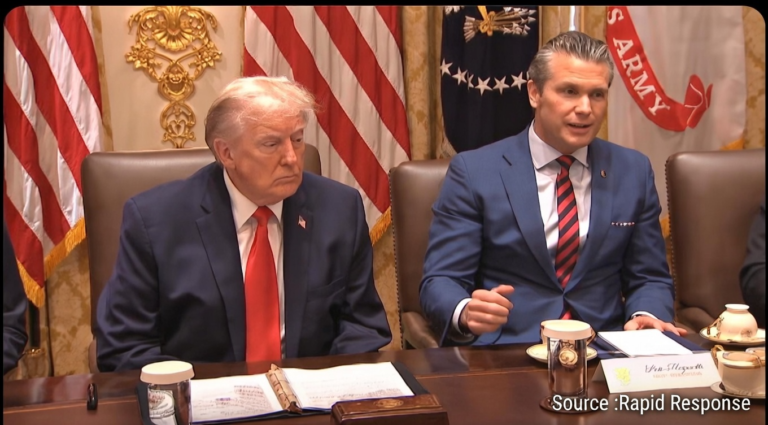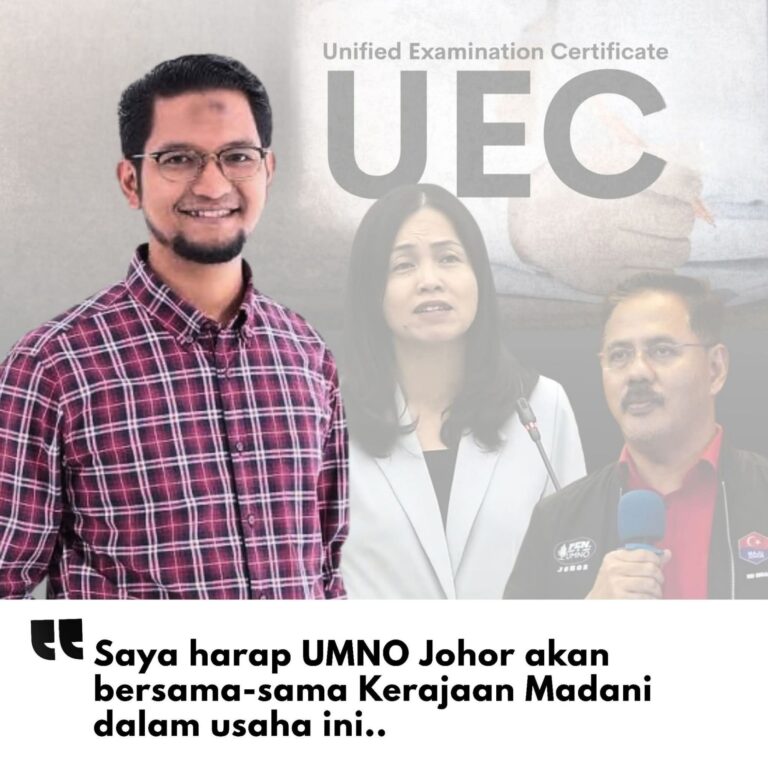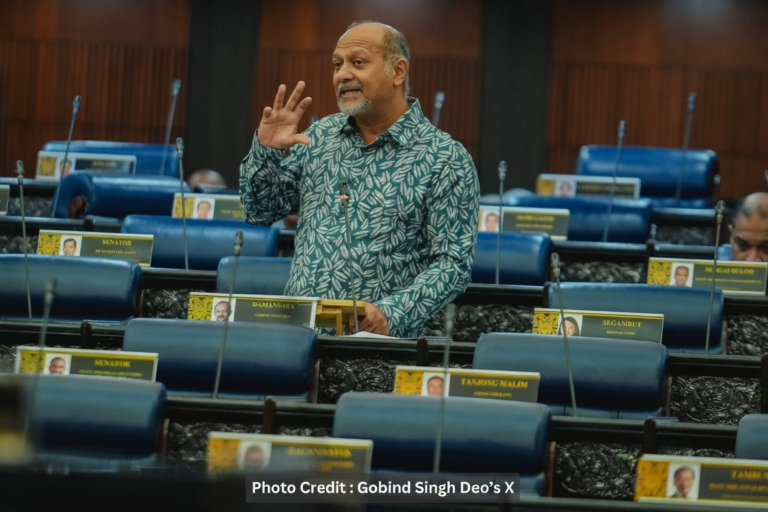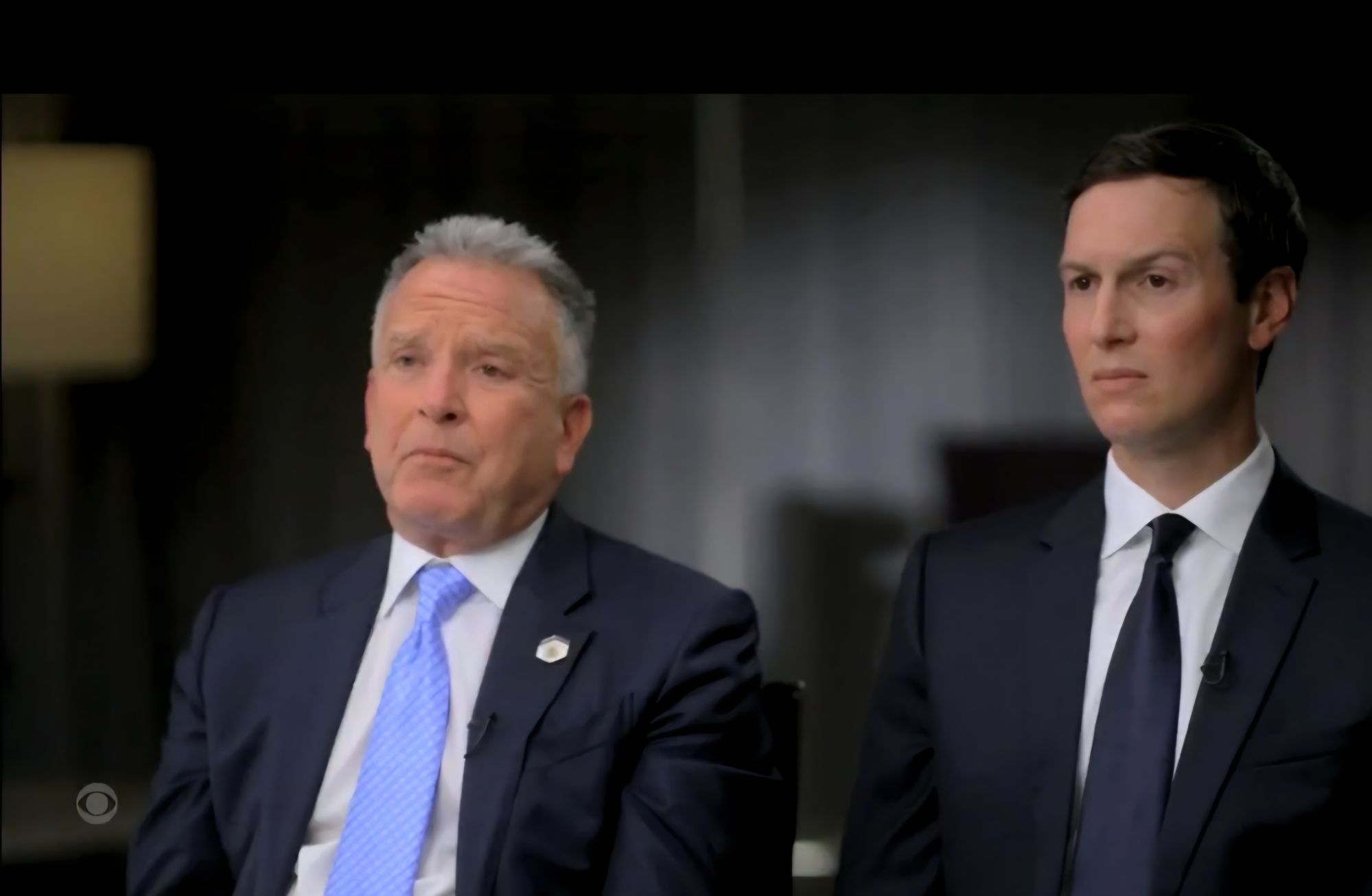
WASHINGTON, D.C. Oct 19, 2025 – In a rare glimpse behind the closed doors of high-stakes Middle East diplomacy, U.S. Special Envoy Steve Witkoff revealed on CBS’s 60 Minutes the profoundly personal moment that helped forge a fragile ceasefire deal amid the ongoing war in Gaza. The interview, aired Sunday night, highlighted how shared parental grief transformed tense negotiations with Hamas representatives into a human connection that Witkoff says was pivotal to progress.
Witkoff, a longtime real estate developer and close ally of President Donald J. Trump, was appointed as the administration’s special envoy for the region earlier this year. Tasked with brokering an end to the conflict that has claimed thousands of lives since its escalation in late 2023, he described entering a negotiation room in Doha, Qatar, where the lead Hamas negotiator sat beside him.
“That negotiator was in Doha when the Israelis struck,” Witkoff recounted to correspondent Lesley Stahl. “Correct. He survived, but his son was killed.”
The room fell silent as Witkoff and the envoy exchanged condolences. What followed was an unexpected pivot: Witkoff opened up about his own unimaginable loss—his son, Andrew, who died of an opioid overdose at age 22 in 2011.
“He mentioned it, and I told him that I had lost a son,” Witkoff said, his voice steady but eyes conveying the weight of memory. “And that we’re both members of a really bad club: parents who have buried children.”
The breakthrough culminated in a symbolic gesture of reconciliation. Once the deal’s outlines were agreed upon—paving the way for humanitarian aid corridors, hostage releases, and a temporary halt to hostilities—Witkoff witnessed Israeli and Qatari negotiators embracing.
“Absolutely,” he confirmed when Stahl asked about the hugs. “I thought to myself, ‘I wish the world could have seen it.'”
The envoy’s disclosures come at a critical juncture. The Gaza war has drawn global scrutiny and strained U.S. alliances. The Trump administration has touted the Doha talks as a cornerstone of its “America First” foreign policy, emphasizing deal-making over prolonged military engagement. Critics, including some Democrats, have accused the White House of downplaying Palestinian casualties, but Witkoff’s account underscores the human toll on all sides.
Andrew Witkoff’s death has long been a private source of pain for the family, with Steve channeling his grief into philanthropy focused on addiction recovery. In the interview, he framed the shared sorrow with the Hamas negotiator not as weakness, but as a bridge to resolution.
“This isn’t about politics,” Witkoff told Stahl. “It’s about getting people home, stopping the rockets, and letting kids play in the streets again.”
The 60 Minutes segment, which also touched on broader U.S. mediation efforts involving Qatar and Egypt, has sparked widespread reaction online. Pro-Trump accounts hailed it as evidence of the president’s negotiation prowess, while others called for more transparency on the deal’s terms.
As implementation begins this week, with U.S. monitors overseeing aid deliveries, Witkoff’s story serves as a poignant reminder: In the shadow of geopolitics, it’s often personal tragedy that unlocks the door to peace.
This report is based on the CBS *60 Minutes* interview excerpted in a White House Rapid Response post on X.
